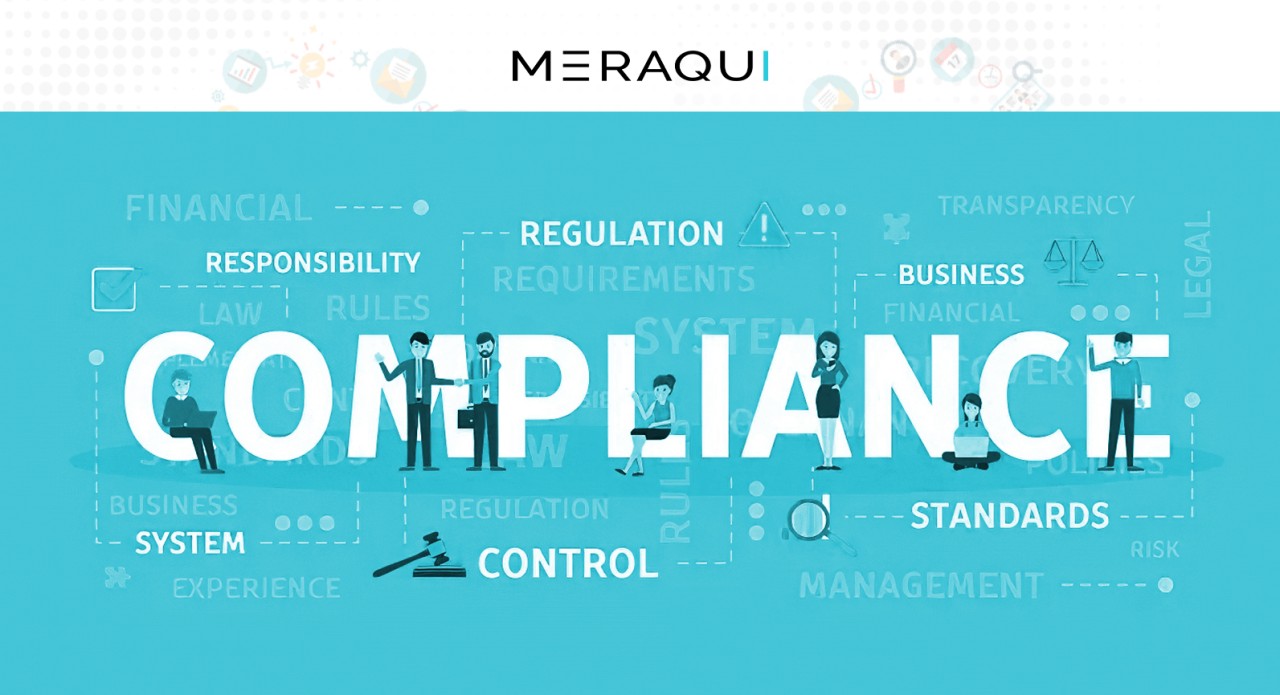
Simplifying Statutory Compliances & Avoiding Payroll Hassles: A Quick Guide for Businesses
In this blog post, we will provide you with a guide to help streamline your payroll processes and ensure compliance.
Statutory Compliance for Payroll in India
Business owners have to comply with the country’s set of payroll laws. Depending on the type of business, and industry there are many laws and organizations have to comply with them. Some of them are mentioned below:
- Minimum Wage Act, 1948
The minimum wage act of 1948 was introduced to stop the exploitation of labor by fixing a minimum wage. The minimum wage rate depends on the state, sector, and other factors. These wage rates are fixed after considering the cost of living, job type, and wage period.
- Maternity Benefits Act, 1961
It is one of the most important statutory regulations. It allows women to take paid leaves during the time of their maternity without any risk of job loss. She must have worked for minimum 80 days in the last 12 months with her employer preceding the date of expected delivery. Fulfilling the criteria, she can avail of maternity leave for up to 26 weeks.
- Tax Deduction at Source (TDS)
Tax is collected from the individual’s income and applicable to various income types such as salaries, commissions, etc. Different individuals are taxed at different rates which depend on their salaries. Non-compliance with TDS provisions can attract penalties and interest. Penalties may include disallowance of expenses, interest on late deduction or late payment, and prosecution in certain cases of willful non-compliance.
- Employees’ Provident Fund, 1952
The Employees’ Provident Fund (EPF) is a social security scheme established under Indian law to provide financial security and retirement benefits to employees in the organized sector. The EPF Act applies to establishments employing 20 or more employees. However, it can also be voluntarily applied to establishments with fewer employees.
Both the employee and the employer are required to contribute a fixed percentage of the employee’s salary towards the EPF. The current contribution rate is 12% of the employee’s basic wage plus dearness allowance.
- Employees’ State Insurance (ESI) Act, 1948
The Employees’ State Insurance (ESI) Act, of 1948 is a significant social security legislation in India that aims to provide medical and financial benefits to employees in case of illness, injury, or maternity. Employers falling under the purview of the ESI Act must register their establishments with the ESIC within 15 days of the Act becoming applicable to them. Covered employees, earning up to a specified wage limit (₹21,000 per month), are eligible for ESI benefits.
How Partnering with Staffing Companies reduces such hassle
Staffing companies or workforce management platforms maintain comprehensive employee records. They are experts in managing the workforce and have in-depth knowledge of necessary compliances.
For instance, Meraqui uses karam.ai for managing payrolls. By automating such tasks, businesses can eliminate risks and thus provide seamless operations.
How karam.ai can help you avoid hassles
- Automated Payroll
karam.ai gathers attendance data and fills it as per as rules and then creates a payroll sheet as per the business needs. By leveraging karam.ai, businesses can automate payroll and can reduce processing time by more than 50%. Moreover, karam.ai uploads the gathered data onto the Human resource management system. So that you can have advanced insights into the organization.
- Digital Compliance Management
We at Meraqui, leverage karam.ai, as already mentioned above to gather all compliance data. Then it assists with the filling of all statutory compliances on time with minimal human intervention. This eliminates the risks of human error. You don’t have to worry about generating UAN (Universal Account Number), ESIC (Employees’ State Insurance Corporation) numbers, as our ai will do such tasks for you. By doing so, you can minimize the time needed for such tasks by 70%.
Conclusion
Compliance and payroll management are crucial for every business in India. By understanding and implementing the necessary steps explained in this guide, you can minimize payroll hassles and ensure adherence to legal obligations.
hashtag#compliance hashtag#payroll hashtag#compliancemanagement hashtag#payrollprocessing hashtag#payrollmanagement hashtag#staffing hashtag#staffingsolutions hashtag#management hashtag#ai



Leave a Reply